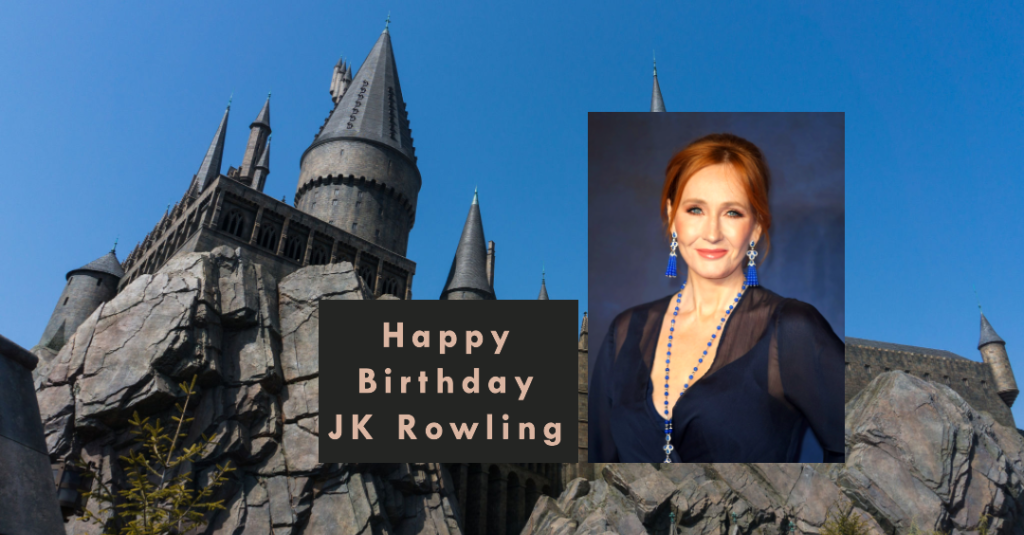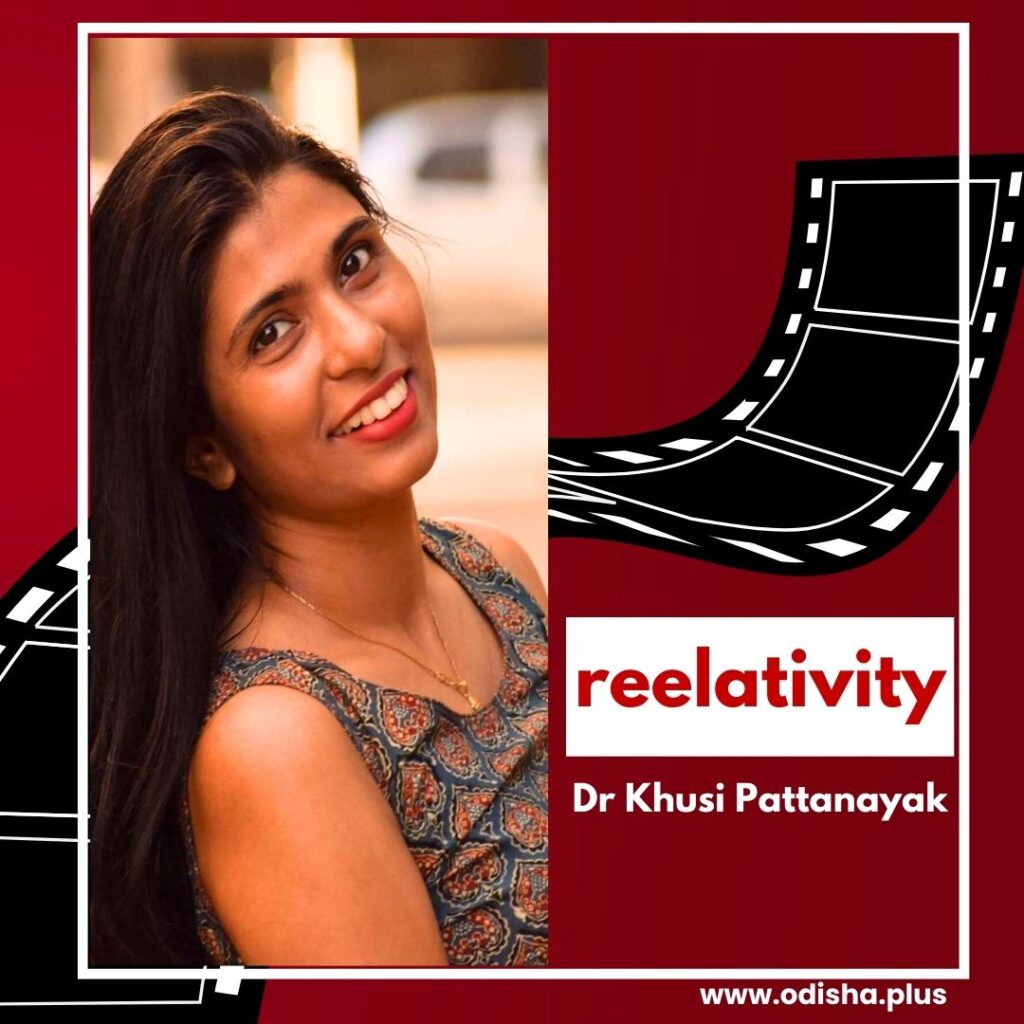Dr Khusi Pattanayak
31st July holds a special significance in the lives of witches, wizards, and potterheads.

Unless you are a muggle (a person who does not understand magic), you know what happened on 31st July:
J. K. Rowling was born.
Harry Potter was born.
The birthdays eventually paved the way for a successful franchise which revolutionized both the publishing industry and celluloid business.

J.K. Rowling’s (1965 – ) Cinderella story along with multiple rejection of her Harry Potter manuscript (until accepted and eventually published by Bloomsbury, UK) is now legendary. But what many people do not know is how she played a crucial role in creating the cinematic world of Harry Potter.
Adaptation of books into cinema is an ancient convention. Usually, when a writer sells his/her rights to a production house, their creative or business inputs are negligible. That way, Rowling broke the tradition, and served as a catalyst by being actively involved in the filming process as well as in other aspects of the expansion of the franchise (theme parks, merchandise, video games, etc).
On Rowling’s birthday, let us look at 14 lesser-known facts that brings to light her impact on the visual-cultural legacy that Harry Potter has created:
- Rowling maintained considerable creative control over the film adaptations, ensuring that the essence of her story was not lost in cinematic translation.
- She actively participated in writing the screenplay for Fantastic Beasts (based on her book Fantastic Beasts and Where to Find Them) in collaboration with other screenwriters.
- Representatives of Warner Bros. Pictures (the producers of Harry Potter films) along with the directors of the series regularly consulted Rowling throughout the movie-making process, seeking her inputs on various aspects, such as plot and character development. This was important because the series was incomplete when the filming began and hence it was necessary to understand the writer’s perspective to ensure the films were as faithful to the book as possible especially during the crucial moments so that the fans are not disappointed.
- Rowling guided and supported the actors with insights into the characters’ personalities, backstories, and motivations, helping them portray the roles with more authenticity and clarity.
- Rowling created intricate details, additional backstory, and historical information about the Wizarding World, that did not make it into the books, enriching the movies with visual appeal that gave life to magical elements, creatures, and spells that were consistent with the description available in the books.
- Rowling actively participated in finalizing the casting for the film, insisting on an all-British cast.
- Filmlore suggests that Rowling had a say in finalization of directors, and interacted with all of them before the filming began, ensuring that they understood the nuances of the story and characters thoroughly.
- When a book is adapted, numerous changes are made to ensure they fit into the needs of the medium to which it is adapted. Rowling was consulted while incorporating these changes to ensure the core narrative is not compromised.
- The success of a series, especially a film series, requires a great engagement with the audience. Rowling through her regular interaction with fans through various social media platforms and face-to-face interactions boosted the sales of both the books and the movies.
- Rowling’s growing influence on the films and her popularity had made her an indispensable part of movie premieres, promotional events, and success celebrations.
- Rowling’s contributions to the film adaptations laid the groundwork for an extended Harry Potter universe through spin-offs, theme parks, and merchandise. As the creator of the Harry Potter world, Rowling holds control over the licensing of merchandise related to the series. This includes toys, clothing, collectibles, and various other products related to the Wizarding World.
- Rowling played a significant role in the creation of The Wizarding World of Harry Potter theme park areas at Universal Studios theme parks in Orlando, Hollywood, and Japan. She was involved in the design and storytelling aspects to ensure the park’s authenticity and fidelity to the books and films.
- Rowling wrote spin-off books like Fantastic Beasts and Where to Find Them expanding the Potter universe with additional research material.
- Rowling was involved in the creation of the stage play Harry Potter and the Cursed Child. The play serves as a sequel to the original book series and explores the lives of Harry Potter and people of his world.
Irrespective of Rowling’s problematic socio-political stance (experts insists that was the reason why she was missing from 20 years celebration of Harry Potter – Return to Hogwarts – but she says otherwise) there is no doubt she will always be remembered for contributing significantly to the enduring influence of Harry Potter franchise in the modern popular culture.
(The author is an internationally published writer & corporate communication specialist. Views are personal)























